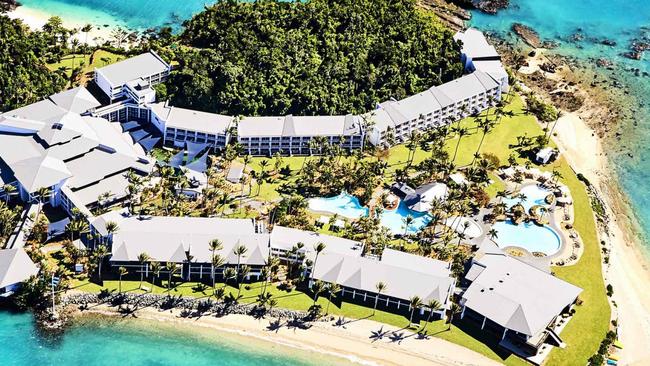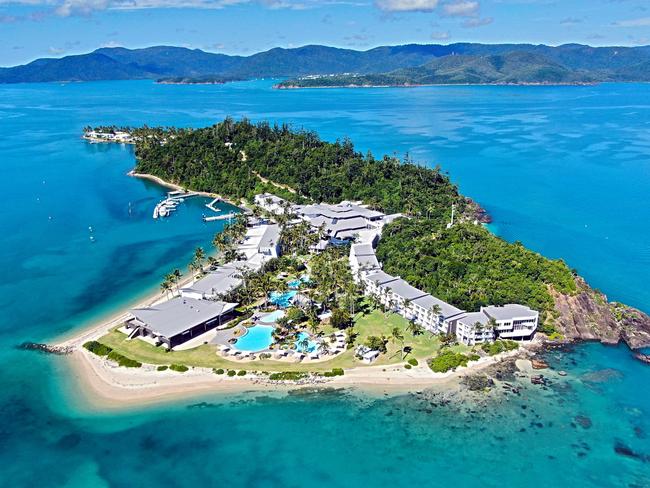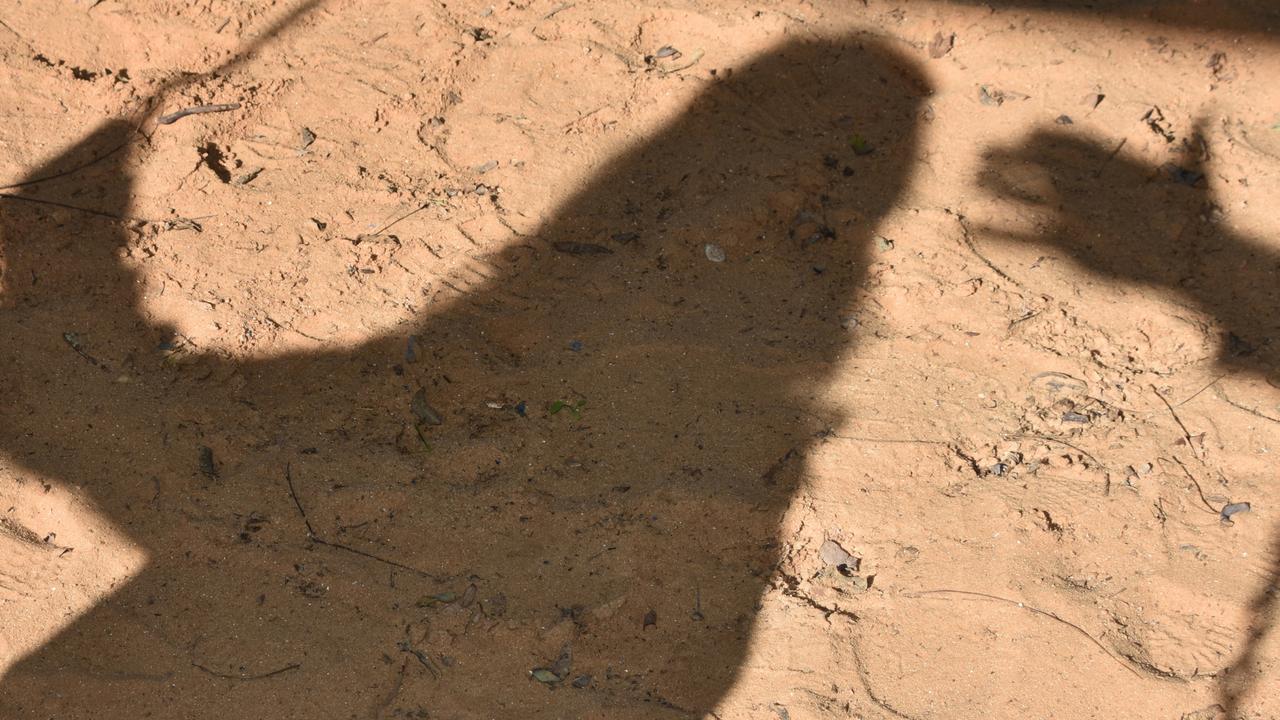High Court of Australia quashes Daydream Island resort urination payout
The owners of a popular Whitsunday island resort will not have to shell out for a $430,000 compensation claim for a former employee whose housemate drunkenly peed in his mouth in their shared accommodation.

Police & Courts
Don't miss out on the headlines from Police & Courts. Followed categories will be added to My News.
The owners of a popular Whitsunday island resort will not have to pay $430,000 to a former employee whose housemate drunkenly peed in his mouth after the compensation order was quashed by the country’s highest court.
The High Court of Australia found there was no real link between the conduct and employment of those involved.
Aaron Schokman was working as a food and beverage manager on Daydream Island and as required was sharing staff accommodation with Sean Hewett when the incident occurred in the early hours of November 7, 2016.
About 3.30am he woke “in a distressed condition and unable to breathe” to Mr Hewett standing over him.
“He was standing over Mr Schokman’s bed with his shorts pulled down and his penis exposed,” a recent High Court of Australia judgment stated.
“He was urinating on Mr Schokman, who was inhaling the urine and choking.”
Mr Schokman yelled at Mr Hewett, who kept urinating on his face for a short time before stepping away to the bathroom, then returning and apologising.
The incident prompted Mr Schokman to have a cataplectic attack and later suffer a post-traumatic stress disorder, which had since improved considerably but had left him with an adjustment disorder with mixed anxiety and depressed mood.

Mr Schokman tried to sue his former employer CCIG Investments Pty Ltd for $431,738.88 over the incident alleging the latter had breached its duty of care to him, but the trial judge rejected the lawsuit labelling it a “drunken misadventure”.
He appealed the decision in the supreme court and won.
As a result CCIG Investments appealed to the High Court of Australia, which this week found the Chinese-owned company was not liable for Mr Hewett’s actions.
The High Court found the only thing tying Mr Hewett’s out of hours conduct to his employment was the requirement to share staff accommodation, and the highest that could be said was “it created physical proximity between the two men”.
The court noted at the time of the incident Mr Hewett “was at leisure and not at his place of work”.
“Mr Hewett could only be said to be acting in accordance with his employment contract by sharing the accommodation provided for and being present in it … that does not provide a proper connection to the employment,” the judgment stated.
“Nothing in the present case points to the drunken act in question being authorised, being in any way required by, or being incidental to, the employment.”





